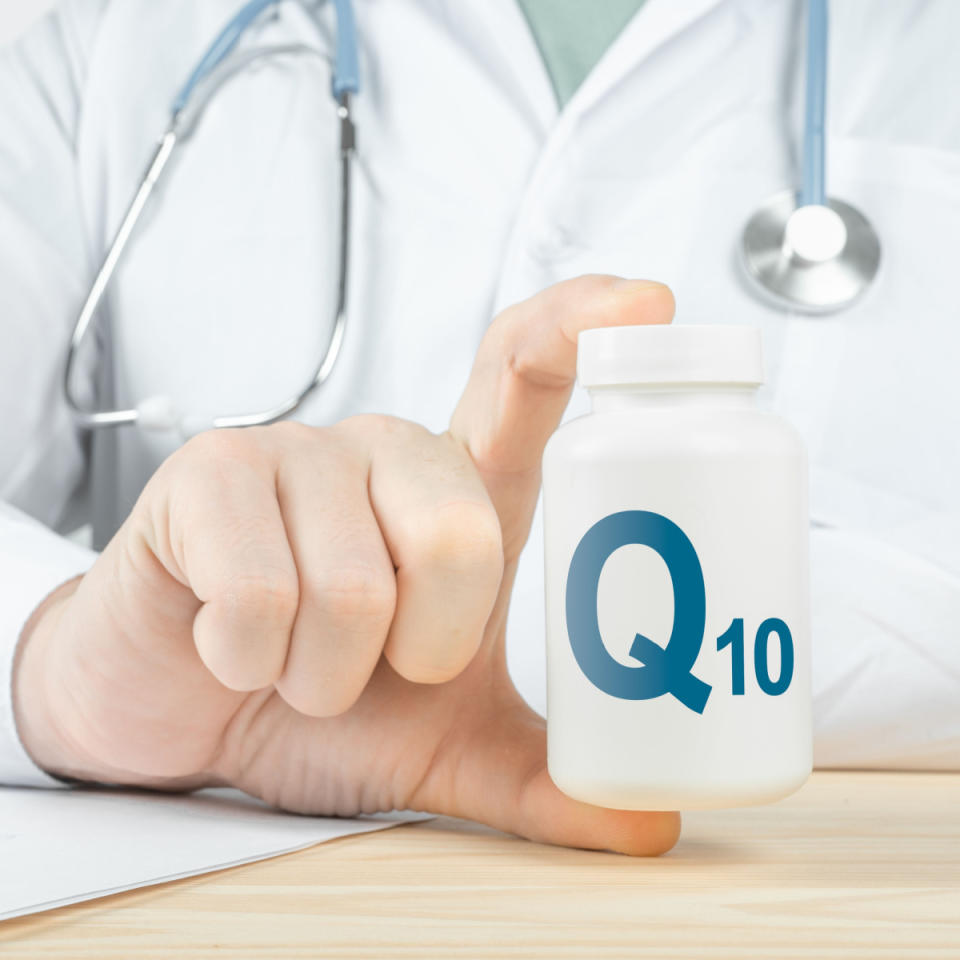Nutritionists Say You Should Be Having This Supplement Every Day Over 30 To Support Your Metabolic Function

Imagine your body as a finely tuned machine, constantly at work to keep you going. This intricate system is known as metabolic function – the secret behind energy production and nutrient processing. But here’s the catch: by the time you hit your 30s, your metabolism slows down, energy dips, and it becomes easier to gain weight.
But fear not! There are different ways to keep your metabolism in top shape, and one way is through the use of supplements. Supplements may rev up your metabolism and keep that youthful vitality intact, even after 30.
We spoke with Caroline Farrell, registered nutritionist, to learn about the one supplement you can take daily to support your metabolism over 30. Farrell revealed that CoQ10 can be your metabolic ally, helping you maintain energy levels, combat aging-related slowdowns, and keep you feeling vibrant and vital.

CoQ10's Link To Metabolism
Coenzyme Q10 (CoQ10) is a vital compound that plays a crucial role in our body's energy production and is closely linked to metabolism. As we age, CoQ10 levels can decline, making supplementation a popular choice to support overall metabolic function, boost energy levels, and maintain vitality, particularly for individuals over 30.
Farrell goes into detail and states, "This coenzyme is involved in the electron transport chain, which is a series of chemical reactions that occur in the mitochondria of cells. These reactions are essential for the production of adenosine triphosphate (ATP), the primary energy currency of the body. As we age, the body's natural production of CoQ10 can decline, which may impact overall metabolic function and energy production."

The Bottom Line
Integrating CoQ10 into a balanced diet is simple. You can easily incorporate it by opting for CoQ10 supplements available in capsule or soft gel forms, with the common recommendation of taking them alongside a meal to optimize absorption.
Furthermore, Farrell points out that there are dietary options available for those interested in gaining CoQ10 benefits from their food choices.
"Fatty fish (e.g., salmon, sardines), organ meats (e.g., liver, heart), and whole grains (e.g., wheat germ) contain small amounts of CoQ10. Including these foods in your diet can contribute to your CoQ10 intake."

